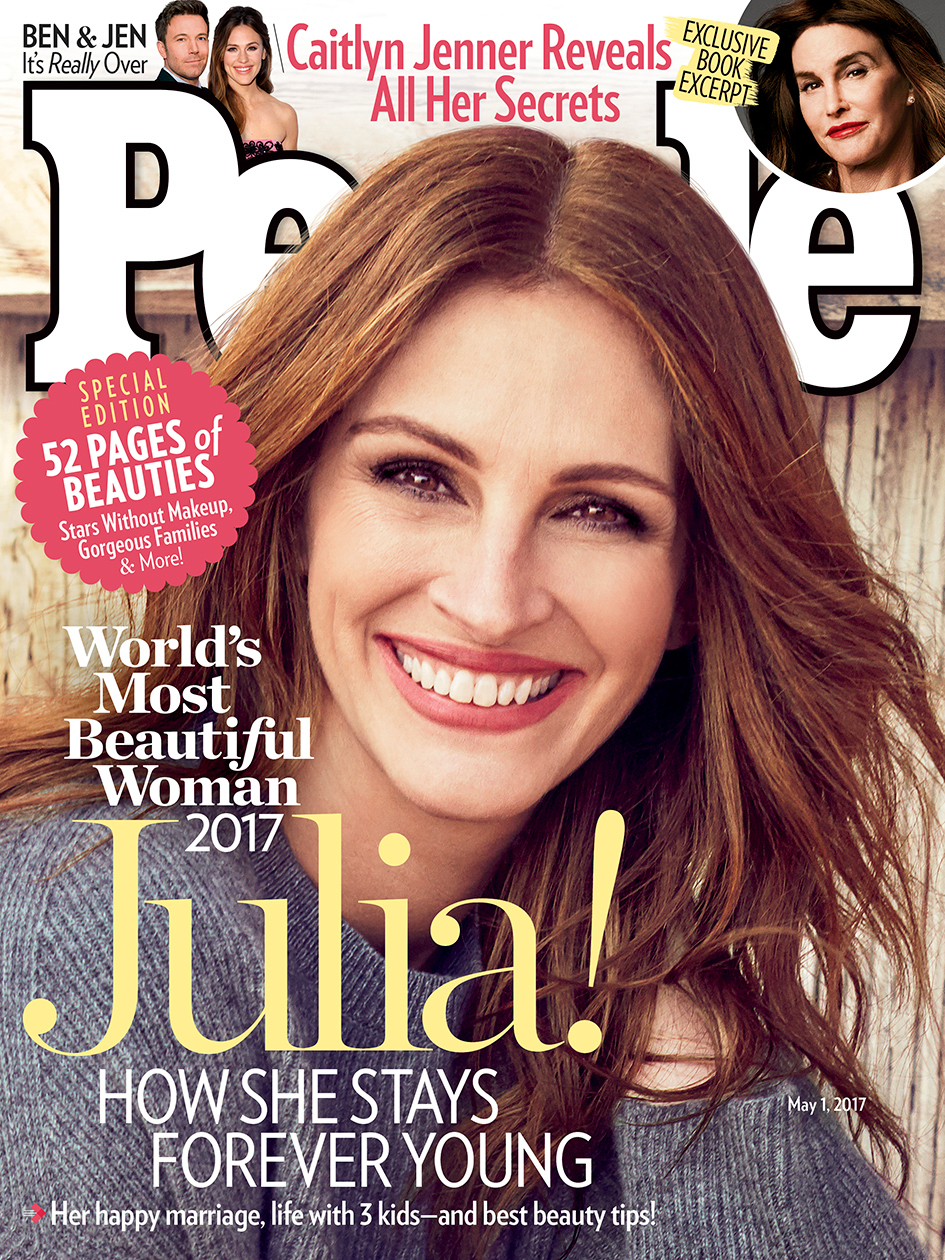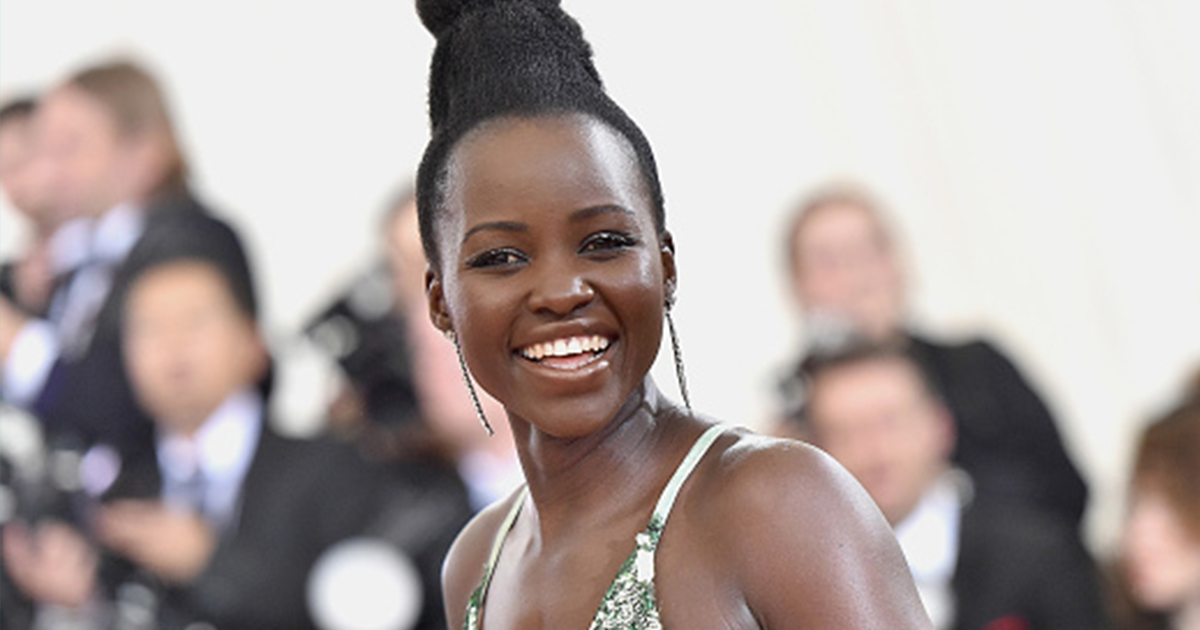Why People Magazine Calling Julia Roberts the 'World's Most Beautiful Woman' Is Making People Angry

By:
People Magazine has named Julia Roberts the "World's Most Beautiful Woman" for 2017, calling her their "favorite pretty woman." Roberts has won this title five times now — the first time 26 years ago, but not everyone is celebrating the 49-year-old's new cover.
 People - people.com
People - people.com
Many have pointed out that, while Roberts has won the title five times, women of color are often overlooked.
When Beyoncé Knowles was named "World's Most Beautiful Woman" in 2012, she was the first black woman to win since Halle Berry in 2003, according to a People video about the award. Jennifer Lopez was the first Latina to get the award in 2011, and Lupita Nyong'o won the title in 2014. No Asian women have ever won.
Why does it matter?
Diversity and representation in media have been hot topics of conversation for the past few years. The Academy Awards received backlash after their award nominees and winners were overwhelmingly white. An analysis of more than 400 shows and films published in 2016 by the USC's Annenberg School for Communication and Journalism's Media, Diversity and Social Change Initiative, found that only 28.3 percent of on-screen speaking characters in TV and film go to people of color. There were no speaking or named characters in at least half of all film, TV, and streaming, shows that the researchers analyzed.
Representation is important in part because it can influence American beauty standards and broader cultural values. After Beyonce won "Most Beautiful" in 2012, Dodai Stewart wrote about the importance of representation for Jezebel.
"What we're told is beautiful is what we believe is beautiful," Stewart wrote. "And if, for decades, fair-skinned women with Anglo-Saxon features are deemed 'Most Beautiful' by a national publication, don't we collectively, to some extent, absorb this information as truth?"
The author also noted that the two black women who had won so far, Berry and Knowles, were light-skinned and posses more Caucasian features than other black women.
 AP/Daniela Vesco - apimages.com
AP/Daniela Vesco - apimages.com
This is a reference to colorism, or the the fact that society — including members of the black community — revere black women with lighter skin as prettier.
"Even the black women on this list — Beyoncé and Halle Berry — have very light skin tones. Thick lips and wide noses — long considered 'ugly' by the Western world — are excluded, thereby reinforcing the idea that they could never be 'beautiful,' Stewart wrote.
 Getty/Mike Coppola - gettyimages.com
Getty/Mike Coppola - gettyimages.com
Nyong'o's 2014 win bucked that pattern, but she is still the only dark-skinned black woman who has ever won.
